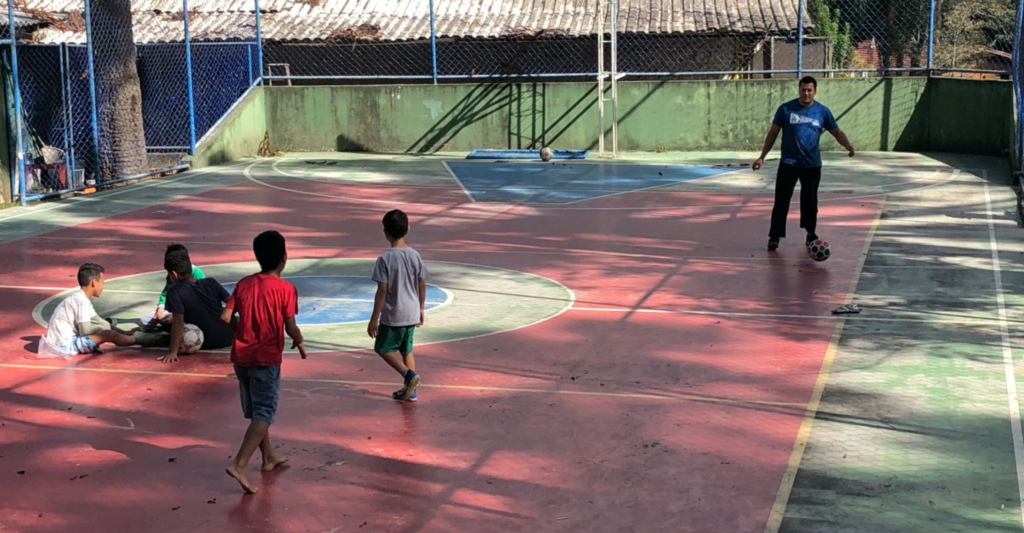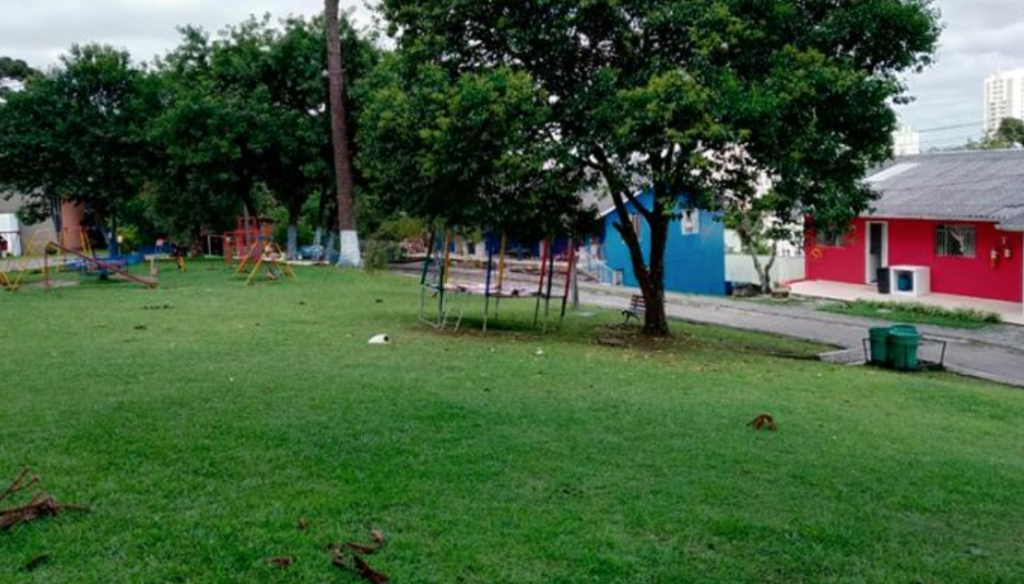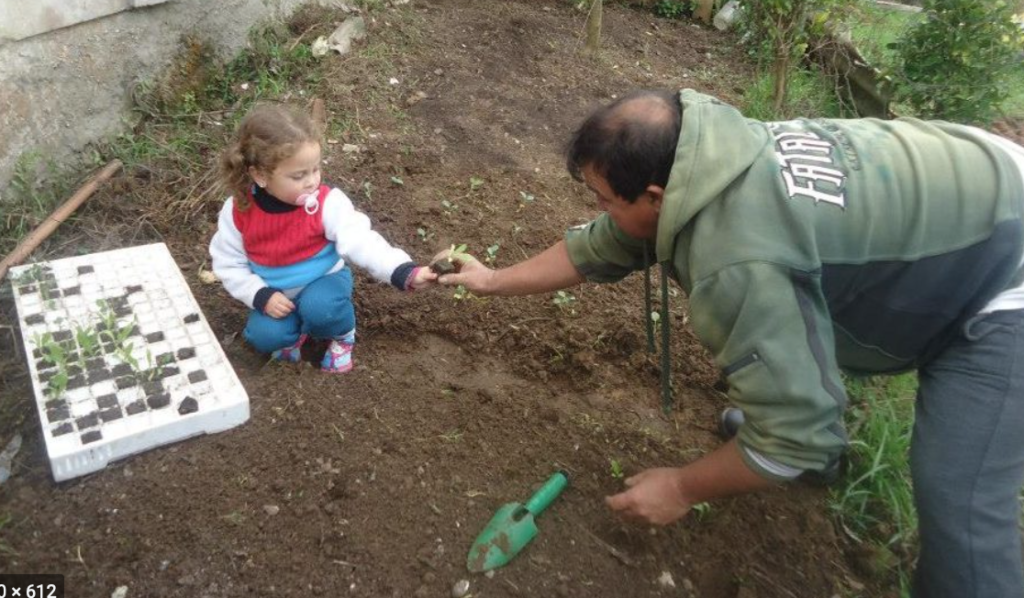facts about Casas Lares–ACRIDAS:
- Ages Served: All ages
- Facility Description: The orphanage comprises a cluster of foster homes, each furnished with utilities, bathrooms, carpeting, and comfortable bedrooms for the children. Roughly ten children live in each home, along with their “house parents” – a married couple paid to care for the children. The children call these individuals “mom” and “dad,” and often refer to the other children living with them as their “brothers” and “sisters,” even though most of the children are not biologically related.
- Education: The school-aged children attend nearby public schools, where core academic subjects are taught. School supplies are provided by the orphanage.
- Academic Year: Typically begins in early February and ends in early December. Students enjoy summer break from mid-December through the end of January and a short winter break in July.
- Nutrition: Nutritional meals are provided for the children each day.
- Medical Care: Children’s health is closely monitored, and treatment is provided as the need arises. Due to the children’s diverse and often turbulent backgrounds, access to psychological counseling or treatment is also available as needed.
Brazil is the fifth-largest country in the world – both geographically and in terms of population. It is truly massive, sharing borders with every other country in South America except for Ecuador and Chile. The Amazon rain forest – recognized for having the greatest biological diversity on the planet – sprawls over the country’s northern half, with rugged mountains to the south. Despite its wealth of natural resources and beauty, Brazil suffers from staggering poverty, rising inflation, unemployment, and lack of social development. Curitiba, a sprawling city just south of Sao Paulo, is no exception.
The plight of the children living in Curitiba’s slum neighborhoods inspired ACRIDAS (Christian Association of Social Assistance), a non-profit organization of business and civic leaders, to take action. They established several orphanages to assist these deserving young ones, including Casas Lares–ACRIDAS. Many children are placed in Casas Lares–ACRIDAS by court order, to protect them from the threats of abuse, drugs, violence, and malnutrition that they faced. Casas Lares–ACRIDAS serves as a safe haven, offering underprivileged and vulnerable children the opportunity to live in a safe, home environment, and to rise above the difficult social and economic circumstances from which they come.
Facts about brazil:
- Population: 212.5 million
- Languages Spoken: Portuguese (official). Less common languages include Spanish (border areas and schools), German, Italian, Japanese, English, and a large number of minor Amerindian languages.
- Poverty Rate: 19.8%
- Unemployment Rate: 11%
READ MORE STORIES FROM OUR sites IN Brazil:
Supporting Children in Brazil Who Face Trauma
Growing Vegetables at Home in Brazil
A Fully-Baked Idea Brings Economic Stability to Brazilian Moms



